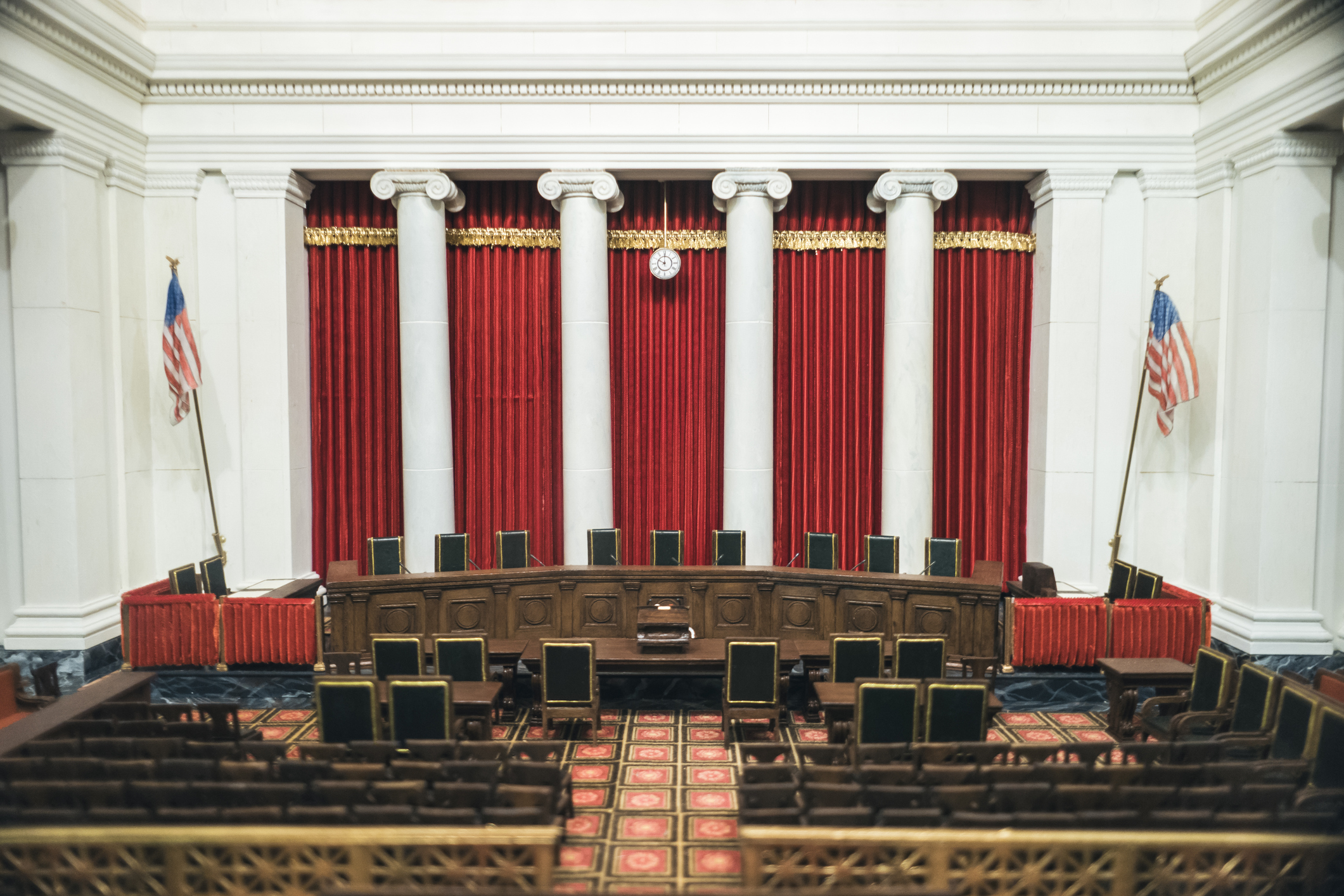The Supreme Court will hear a case Wednesday that could affect the rights of students with disabilities in disputes between their parental guardians and schools.
The case before the justices, Perez v. Sturgis Public Schools, will raise two key questions under the Individuals with Disabilities Education Act: whether families can initiate claims if they have already settled under IDEA proceedings and whether a family must exhaust IDEA proceedings when pursuing non-IDEA claims for money damages under other federal disability laws.
The case involves deaf Michigan student Miguel Luna Perez, whose immigrant parents sued Sturgis Public Schools for failing to provide him with a qualified sign language interpreter for 12 years. His parents believed upon graduation that Perez would receive a diploma, but he instead received a certificate of completion.
SUPREME COURT ADDS RELIGIOUS RIGHTS PROTECTIONS TO DOCKET OF EIGHT NEW CASES

Attorneys for Perez told the high court that a lower court decision in favor of the Sturgis “will inflict great harm on students with disabilities and their families” by requiring them either to give up their rights under other disability laws if they accept an IDEA settlement or go through extensive administrative proceedings even when the school district is able to rectify an IDEA violation.
Perez, now 27, entered the school district in 2004 as a 9-year-old deaf English learner from Mexico. The district assigned him an “unqualified classroom aide” who didn’t understand sign language and allegedly fabricated hand signals in an attempt to communicate with Perez, according to court records.
“There was one other deaf student, but we couldn’t communicate with each other,” Perez said in a statement provided by an interpreter to the 74.
Despite the difficulties of being a disabled immigrant in a U.S. school system, Perez received “A’s and B’s in nearly every class” and made the honor roll each semester, according to court filings. Just before his graduation in 2016, the district informed his parents he wouldn’t be eligible for a diploma.
“During the same period, the school district also misrepresented Miguel’s academic achievement by awarding him grades that did not in any way reflect his understanding of the curriculum,” lawyers for the student wrote in court filings, explaining why the family believed their son to be in good academic standing.
The Perez family filed a complaint with the Michigan Department of Education in 2017, alleging the district violated the IDEA, ADA, and the Rehabilitation Act, along with two other state laws.
The IDEA claim was settled in 2018, and Sturgis agreed to place Perez in the Michigan School for the Deaf and pay for the family’s legal fees and additional services while providing the family with a sign language instructor.
Still, the family was left with unresolved complaints, leading them to file a lawsuit in federal district court asking for additional financial relief and social work services.
The U.S. Court of Appeals for the 6th Circuit found the family wasn’t eligible to sue because their IDEA complaint never went to a hearing.
Sturgis filed a brief to the Supreme Court urging the justices not to grant a review of the case. The brief cited the high court decision last term in Cummings v. Premier Rehab Keller, which held that monetary damages for emotional distress are not available under the Rehabilitation Act, meaning Perez could not recover similar damages under the ADA.
CLICK HERE TO READ MORE FROM THE WASHINGTON EXAMINER
The district maintained it was simply “too late” for Perez to adjust his suit for emotional distress damages to another form of compensation, adding the petitioner “disclaimed anything but emotional-distress damages,” according to a supplemental brief.
A decision in the case is not anticipated until at least June.

